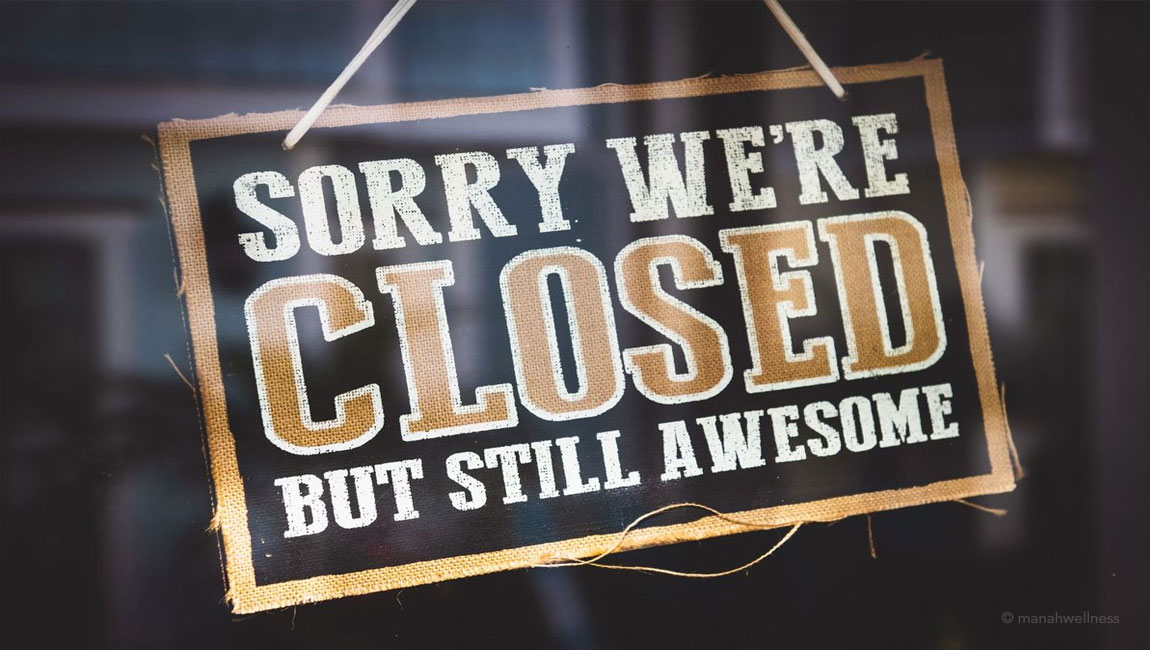Our cultural conditioning from childhood because of some wrong concepts of success and failure has created a sort of mental health epidemic across the world. News of student suicides abounds in the media in many countries. And this conditioning can be the result of a deeply flawed education system. Just as the definition of success varies from person to person or across the same person’s life, the definition of failure also differs correspondingly. For many people, attaining their personal versions of success is the most desirable thing in life, and failure to reach that success is shameful and unforgivable. That is what creates the psychological trauma associated with failure.
Similarly, in the case of unseasoned entrepreneurs, the failure of their startups can lead to enormous psychological stress and depression. However, it should not be so because, as an entrepreneur, you should treat failure as just another unpleasant experience that offers you an opportunity to learn and evolve and avoid mistakes you committed in the past. Hence, view your failures as stepping stones to success. Nothing more. Of course, the enormous pressure of financial failure, outstanding loans, and drop in credit ratings can’t be wished away. So, you know you need to rebuild.
If you don’t do that but choose to wallow in self-pity, you do a great disservice to your employees as they had trusted your leadership and staked their careers and time of life on you. Some of them who lost their jobs due to your business failure might be much worse off than where you are. So, the first thing you should do is to forgive yourself. Then assess what happened, learn from your mistakes, and never repeat the same mistakes. Even if you are a solopreneur, the lives of your near and dear ones and those who depend on you are bound to yours to varying extents.
If you are not to fail them, you need to recover, rebuild and bring back the good days. So, buckle up and start planning what to do next. First, admit your business failed, and do not try to shy away from anyone bringing up the topic. Be vocal, discuss why your business failed, listen to the opinions of others, accept what you think is correct, and move on. If people can survive breakups in their love lives, you can survive the breakup that happened with your business idea. And if you assess objectively, more often than not, you may realize that it was an awful idea to begin with. That’s why it failed.However, if you think your business idea was, in fact, great, then identify the reasons it failed and gear up to have another go, but this time be better prepared than in the past. Treat the earlier failure as a costly pilot project that got out of hand. Remember the people who were hurt due to your mistakes. Please don’t cut off connections but keep in touch with them. Learn again to dream together. Running away is easy, but facing and overcoming the trauma is what an entrepreneur should do. So, do not isolate yourself after your business failure. Instead, carry on in public as you were, and you would find things improving because the world reflects what you project of yourself.




